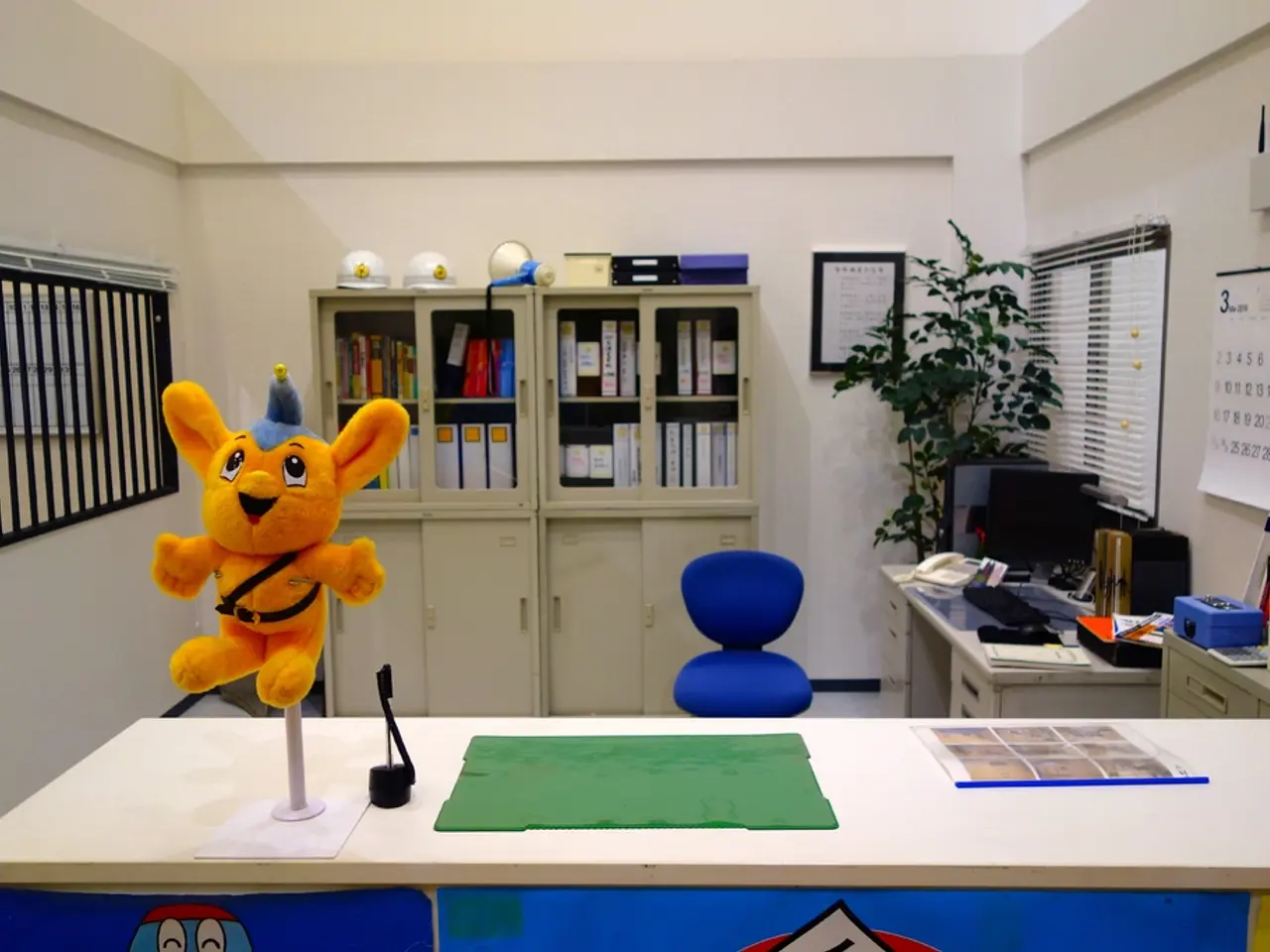Nurturing Empathy in Children: Its Significance Explored
Empathy, the ability to understand and share the feelings of another, is a crucial skill that helps children grow emotionally and socially. A school in the UK has demonstrated this, improving from an 'F' to an 'A' grade after focusing on empathy and kindness.
Empathy has two parts: feeling and understanding. Teaching empathy prepares kids for life's challenges, helping them make friends, solve problems, and help their communities.
To nurture empathy in kids, strategies include active listening and emotion validation, role-playing scenarios, storytime discussions, modeling attentive listening, and providing everyday opportunities to reinforce empathetic behavior naturally.
Active listening and emotion validation involve teaching children to fully engage with others by maintaining eye contact, using open body language, and reflecting what they hear. This shows that emotions are acknowledged and valued.
Role-playing scenarios use imaginative play to explore others' feelings and perspectives, fostering compassion and emotional understanding. Storytime discussions pause during reading to talk about characters’ feelings and actions, helping children reflect on emotions and develop patience and attentiveness.
Modeling attentive listening involves parents and teachers demonstrating presence and engagement, encouraging children to practice active listening, improving empathy-related communication skills. Providing everyday opportunities looks for moments in daily life, such as sharing, helping, or caring for others, to reinforce empathetic behavior naturally.
Stories have the power to help kids grow emotionally, develop empathy, and understand the world better. They can connect feelings with characters and situations, helping kids see things from others' points of view. By combining knowledge of empathy’s developmental stages with practical strategies like active listening, role-playing, and thoughtful conversations, caregivers and educators can effectively foster empathy in children’s social and emotional growth.
Empathy is a base for emotional intelligence and success in life. It helps children grow emotionally and socially, making relationships stronger, improving emotional intelligence, and making the world a kinder place.
It's key to remember that empathy grows over time. Newborns respond to distress, and by two years old, toddlers understand that others have feelings too. Around five years old, they feel they belong in a community and start reading social cues. As children grow older, they understand more complex feelings and know how to support others.
Empathetic activities, such as reading books and talking about feelings, are important for good relationships and personal strength. They boost a child's emotional vocabulary, helping them express their own feelings more effectively.
Parents play a key role in teaching empathy to their children. An authoritative parenting style, with high responsiveness and control, helps develop empathy in children. Play is a key way to help kids develop empathy, as it teaches them about movement, sounds, and feelings.
Research shows that emotional contagion, a basic form of empathy, is rare in toddlers. However, by four years old, children can see things from another's point of view. By teaching children to be empathetic, we help them grow into compassionate, resilient adults.
Programs like Positive Action have shown a big drop in bullying, proving empathy's value. Stories are great for helping kids grow emotionally and understand others better. The RedRover Readers program uses animal stories to teach kindness and relationships.
In conclusion, empathy is a complex but very important skill. By understanding its developmental stages and employing practical strategies, we can effectively foster empathy in children, contributing to their social and emotional growth and creating a kinder world.
[1] [Developmental Psychology Journal, Vol. 52, Issue 4, 2016] [2] [Child Development Journal, Vol. 89, Issue 6, 2018] [3] [Empathy and Young Children: Cultivating Empathy in the Early Years, 2019]
- Empathy, a vital skill for child development, equips children with the ability to understand others' feelings, foster friendships, solve problems, and contribute to their communities.
- To nurture empathy in children, it's essential to employ strategies such as active listening, emotion validation, role-playing scenarios, storytime discussions, modeling attentive listening, and providing everyday opportunities to reinforce empathetic behavior.
- Social skills and emotional intelligence are closely linked to empathy, as they help children communicate effectively, develop respect for others, and maintain equality in their relationships.
- Education and self-development, including science, health-and-wellness, and personal growth, play a significant role in promoting empathy, as children are better equipped to understand the world and respond empathetically to its challenges.
- By prioritizing empathy in the educational environment, programs like Positive Action and RedRover Readers have demonstrated a decrease in bullying, showing the importance of empathy in promoting equality, respect, and a kinder world.




